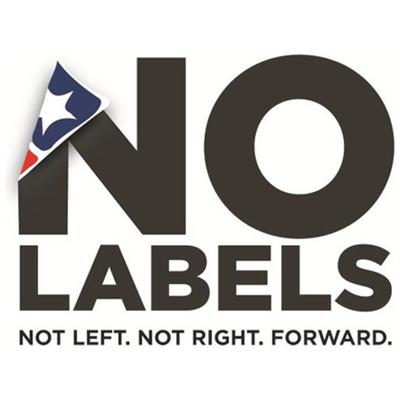 EA's US Politics Correspondent Lee Haddigan writes:
EA's US Politics Correspondent Lee Haddigan writes:
In an article for Mondays's New York Times, Paul Krugman explained why, in the current "climate of hate", he was not overly surprised by Saturday's shootings in Arizona that killed six people and wounded 14 others. He blamed the eliminationist rhetoric of the Right –-- the “suggestions that those on the other side of a debate must be removed from that debate by whatever means necessary” –--- for instigating a “rising tide of violence” that culminated in the atrocity in Tucson.
The Wall Street Journal replied by accusing Krugman, and others who are exploiting the tragedy in Arizona as a means for attacking the right, of blood libel. The article claims, ''Those who purport to care about the tenor of political discourse don't help civil debate when they seize on any pretext to call their political opponents accomplices to murder." The newspaper argues that, if anyone is breeding a "climate of hate", it is the media that have shamelessly slandered Sarah Palin and the Tea Party.
These are just two examples of the discussion currently taking place in America over the prevalence of "violent rhetoric" in the nation's political discourse. This debate will continue for weeks, with who knows what consequences for the hopes of a less-polarised political atmosphere in the immediate future.
So, given that the days since the shooting spree in Arizona have only seen a ratcheting-up of the partisan rhetoric, is it possible to hold out the hope that both sides of the American political divide can conduct a civil conversation when contentious issues are at stake?
A month ago, a group of prominent political figures said Yes, as they set up the No Labels political organisation at Columbia University on 11 December in front of a crowd of about 1000. Leaders of the group include William A. Galston, a domestic policy aide for President Clinton, Kiki McLean, another Clinton veteran operative, and David Frum, a speechwriter for President George W. Bush and editor of the conservative Frum Forum.
Supporting them on the stage were a group of politicians representing the moderate centre of both parties, with Republicans defeated in their primaries by Tea Party candidates in the 2010 elections, such as Mike Castle (Delaware) and Charlie Crist (Florida), the most notable conservative presence. The most interesting initiative to emerge from the meeting was No Labels' commitment to form a Political Action Committee, with the aim of funding moderate candidates in 2012 to offset the financial advantage of politicians backed by the ideological Tea Party Right and Progressive Left.
No Labels argued in their approach that “hyper-partisanship is one of the greatest domestic challenges our nation faces” because, instead of seeking common sense solutions for pressing problemsn both sides “use labels to demonize their opponents, enforce orthodoxy within their own ranks, and marginalise sensible compromises.” So No Labels will “bring together leading thinkers from the left, right, and all points in between” to “break down false divisions and lift up the common ground on which we can build solutions.”
One of their focal points was the parlous state of the American economy. For the US to remain the world's premier economic power, To do this, Americans must realise the “clear reality...that entitlement reform, reduced spending, and some new revenues will be necessary to reduce the deficit and to prevent the debt from rising past the point our economy can bear". This long-term solution must counters the narrow interests of professional partisans who “seem content to demagogue the deficit” for their immediate political gain".
How do No Labels hope to build the consensus required to implement their policy solutions? Well, their goals for 2011 include organisation of a presence in all 435 congressional districts, where Democrats, Republicans, and Independents can meet once a month to discuss the issue that concern them as moderates. And they aim by the end of the year to recruit a million Citizen Leaders who will advance the No Labels credo of "Not Left, Not Right, Forward".
Unfortunately, No Labels does not seem to have stirred the imagination or won the backing of Americans. It is still early days, and recent events may catapult them to prominence among citizens tired with the controversy over "violent rhetoric" and/or the motives of the alleged Arizona gunman, Jared Lee Loughner; however, their prospects for the 2012 elections do not look good. Currently, only 13,000 visitors to their site have signed the declaration to “join your neighbours who are asking their leaders to put the labels aside and do what's best for America", and there is no sign of acceleration.
No Labels response to the massacre in Arizona was to release a statement that, while debate over “the larger political forces that may have contributed to it” would be painful, it was sorely needed in these “times of crisis, when our fundamental democratic values are threatened.” Like much in No Labels' proclamations, the statement is somewhat and vague and more platitude than concrete proposal. Still, it puts forth the challenge that now is a time for self-reflection because based “on the immediate and intuitive reactions of so many Americans, we know enough to say that something is desperately wrong with our political discourse".
Given that one of the more saddening aspects of the last few days is how quick, and how eager, some have been to politicise the shootings, even before the basic facts were known, it will be interesting --- and perhaps significant --- to see if No Labels gains strength in challenging that "wrong" discourse or is bypassed by it.